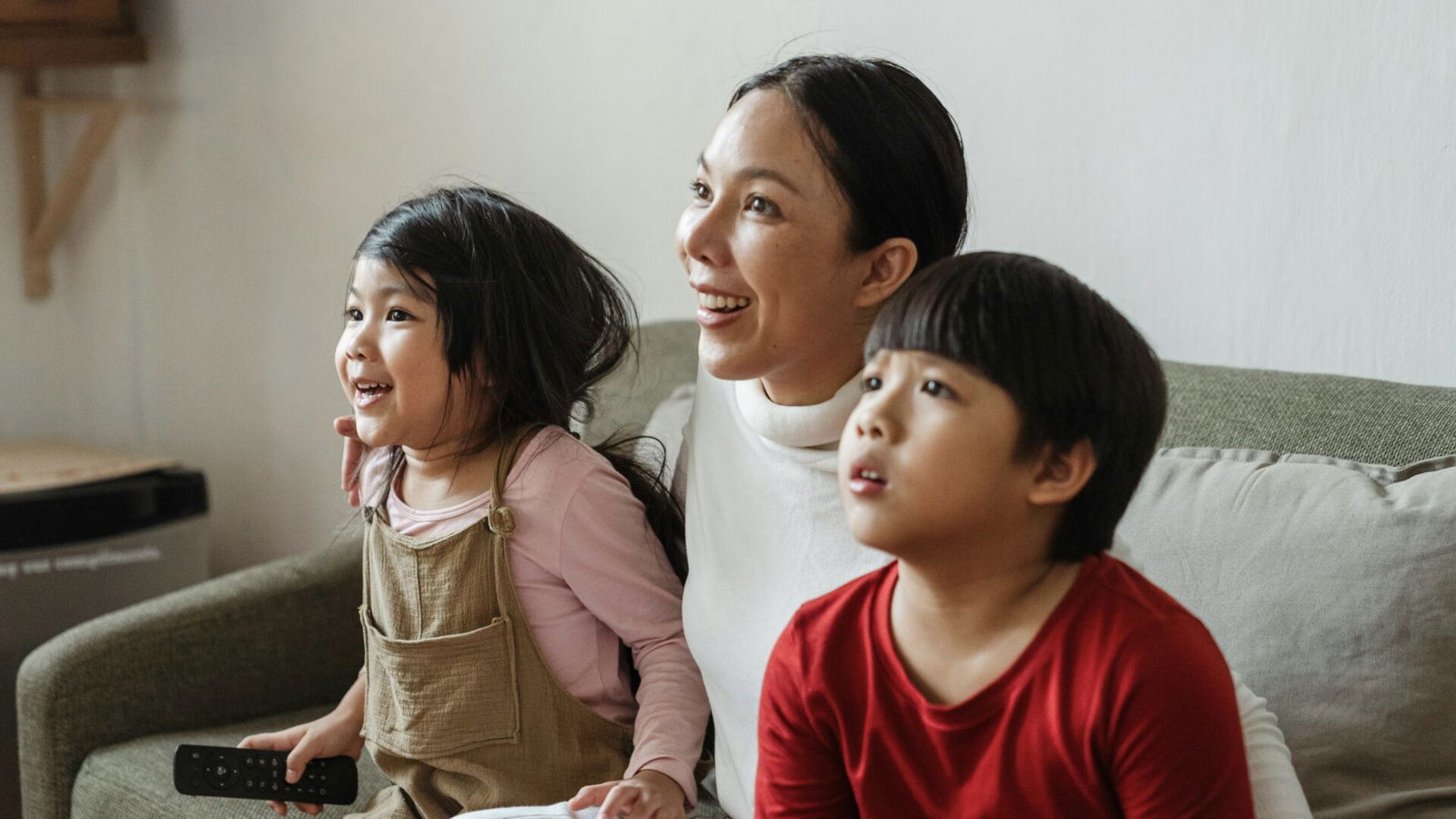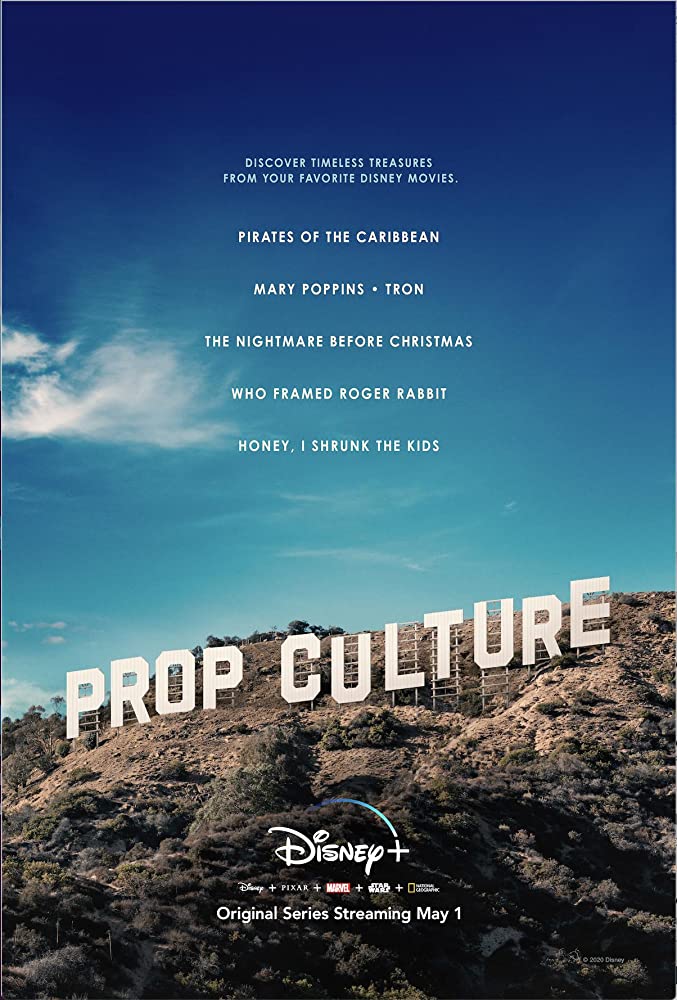
Why Many Parents Prefer ’90s and ’00s Kids Content Over Today’s Shows
By Movieguide® Contributor
There are an overwhelming number of options when it comes to kids’ TV today, so why are so many parents turning to ’90s shows?
“A new trend is emerging as families are rediscovering ‘gentle’ TV programming from the ’90s and ’00s,” Parents.com reported, listing shows like FRANKLIN, LITTLE BEAR and MAX & RUBY.
The outlet explained that these shows “offer a slower, more soothing viewing experience, which is what a lot of families feel is a refreshing respite from what many of today’s overstimulated shows offer.”
Michael Hirsh, author of Animation Nation: How We Built a Cartoon Empire and the producer of shows like BABAR, LITTLE BEAR, CORDUROY and MAGIC SCHOOL BUS, shared the difference between the kids programming of the past and present.
He explained that “parental lobby groups” had an influence on content, in addition to the government requirements channels like ABC, CBS and NBC had to meet for their educational shows.
“But, since the 2010 period, the cable specialty channels and their preschool offshoots have been losing their audience,” Hirsh continued. “Consumers have adopted streaming and dropped cable subscriptions. And, streaming channels are not subject to the same regulations that the legacy media was bound to.”
In an interview with TVBrittanyF.com, he touched on the topic of quality again, saying, “The biggest market was the US, and there were three US networks that played Saturday morning shows. And that was the bulk of what people did for children’s entertainment. [But] the quality of animation had slipped from the theatrical shorts that I watched as a kid in a movie theater, like Bugs Bunny and the Disney shorts…For television, it had really come down to a very low quality.”
READ MORE: HOW GEN ALPHA IS CHANGING THE ENTERTAINMENT INDUSTRY
It’s not just the quality that many parents are missing, though. Experts recently weighed in on the “Slow TV” movement, where they expose their kids to calmer, less-stimulating shows to combat behavioral and mental health issues.
Dr. Zabina Bhasin, a Los Angeles-based child and adolescent psychiatrist, told Good Morning America that the overstimulating content presented to children today can lead to “shorter attention spans, heightened irritability and impulsive behaviors as their brains struggle to adjust to less stimulating environments.”
She recommended avoiding “excessive sound effects, rapid scene changes, or themes centered on hyperactivity or conflict,” adding, “Such programming fosters a sense of safety and stability, which is crucial for emotional development and self-regulation.”
READ MORE: HOW STREAMING KIDS’ CONTENT COULD ENDANGER YOUR CHILDREN
Questions or comments? Please write to us here.



 – Content:
– Content: 